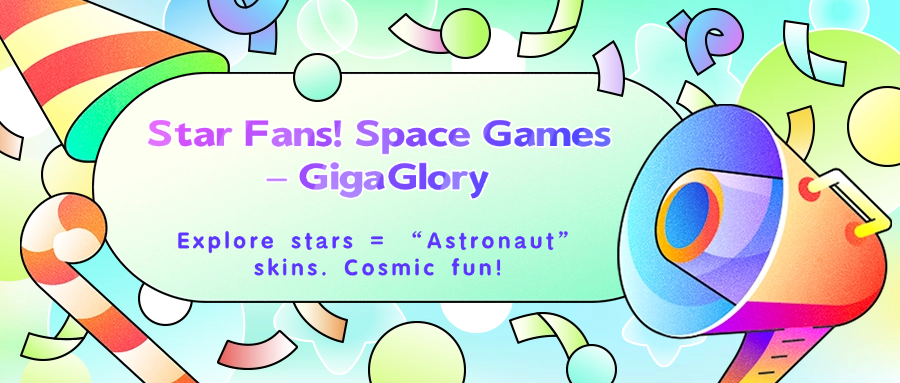Idle Games vs. Educational Games: Which Offers More Learning Potential?
As technology evolves, the realm of gaming has expanded beyond mere entertainment. Two distinct categories have emerged: idle games and educational games. While both aim to engage players, their effectiveness in fostering learning is a topic of debate. This article dives deep into these gaming types, drawing comparisons, analyzing their potential for learning, and ultimately answering the pressing question: which truly offers more learning potential?
Understanding Idle Games
Idle games, also known as incremental games, are designed to be played in a passive manner. Players often make decisions that lead to automatic progress over time, even when they aren’t actively playing. This genre has gained immense popularity, largely due to its low barrier to entry and easy gameplay mechanics.
Characteristics of Idle Games
- Simple mechanics - Players often just need to click or tap to earn resources.
- Automatic progression - Players can see rewards accumulating even when they are not playing.
- Engaging graphics - Many idle games feature colorful and attractive designs that appeal to a broad audience.
Exploring Educational Games
Educational games are specifically designed to teach concepts or develop skills. They can cover a myriad of subjects, from math and science to history and language arts. Unlike idle games, their primary objective is to educate while providing entertainment.
Features of Educational Games
- Targeted learning objectives - Games are developed with specific educational goals in mind.
- Interactive learning - Players engage actively with materials, promoting deeper understanding.
- Assessment tools - Many educational games feature assessments to track progress.
Comparative Learning Potential
While both types of games can be engaging, their approach to learning differs significantly. Idle games often do not emphasize educational content and may only promote peripheral learning, such as resource management or strategic thinking. In contrast, educational games aim directly at imparting knowledge and honing skills.
Idle Games as Learning Tools
Can idle games teach? The answer is nuanced. While they can foster skills such as patience and resource allocation, they often lack structured learning. Players may unintentionally learn basic economic concepts without formal instruction.
Examples of Idle Games with Learning Opportunities
| Game Name | Learning Aspect |
|---|---|
| Adventure Capitalist | Resource management |
| Realm Grinder | Strategic planning |
The Value of Educational Games
Educational games often bring the classroom to life. Players can practice math skills by solving problems, improve vocabulary with word games, or explore historical events through interactive simulations. These games ensure that while players have fun, they are also learning effectively.
Popular Educational Games
- Math Blaster - Engages players with math-based challenges.
- Reading Eggs - Enhances literacy through interactive activities.
- Prodigy - An immersive RPG focused on math-learning.
Accessibility and Engagement
One of the significant barriers in education is accessibility. Idle games, due to their simple mechanics, often attract a more diverse audience. Players of varying ages can enjoy them without extensive guidance. On the other hand, educational games might require more time investment and guidance, potentially limiting their audience.
Retention and Motivation
Retention rates can vary between the two genres. Idle games may keep players engaged due to the immediate gratification of seeing progress, which is a powerful motivator. Educational games, while they may require more effort, can lead to deeper knowledge retention through active engagement.
Pros and Cons of Both Genres
| Idle Games | Educational Games |
|---|---|
| Pros: Easy to learn, Passive gameplay | Pros: Structured learning, Interactive |
| Cons: Limited educational content | Cons: Can be complex, Requires commitment |
What Do Players Prefer?
Gathering data on player preferences can provide insight into what they value in gaming. Surveys show varying opinions, with some players favoring the casual nature of idle games while others appreciate the depth of educational games. Knowing the audience is key here.
Key Takeaways
- Idle games can promote basic skills, but lack structured learning.
- Educational games are designed with specific learning objectives.
- Engagement can be seen in both genres, but through different avenues.
Conclusion
In the battle between idle games and educational games, the winner is not as clear-cut as one might think. Both types offer unique benefits and opportunities for players. Idle games can introduce fundamental concepts and engage a wide audience, fine-tuning skills like resource management and strategy. On the other hand, educational games focus exclusively on improving knowledge and facilitating active learning.
Ultimately, the choice depends on individual player goals. If learning is the primary objective, educational games provide a structured path. However, if casual entertainment with some learning aspects is the aim, idle games can perfectly fit the bill.
FAQs
- Are idle games completely devoid of educational value?
No, they can teach certain skills recreationally. - Can educational games be enjoyable?
Absolutely! Many educational games integrate fun with learning. - Which genre is better for young children?
It depends on the child's interests; both genres have age-appropriate options.



